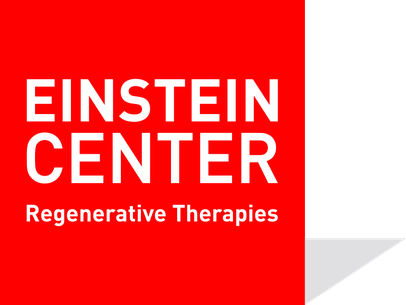ECRT Kickbox - Junior Scientist Grant

Liver cirrhosis is one of the main indications for liver transplantation. Due to the organ shortage, this therapy option is limited to the minority of patients suffering from cirrhosis. Therefore, there is a need of alternative treatment options.The aim of our project is to establish a decellularization protocol for human cirrhotic livers slices, which preserves the natural extracellular matrix (ECM) of cirrhotic livers. These decellularized liver slices will serve as a 3 dimensional model to study cell matrix interactions. If we are able to establish a protocol which will preserve the ECM, we will conduct in vitro recellularization experiments to study how the cirrhotic ECM will change the genotype and phenotype of different cell types. With this knowledge we aim to modify specific cell types in vivo or vitro for example prior to cell transplantation. Our ambition is to steer the cell matrix interaction via these modified cells after their transplantation and thereby halt or even reverse the progress of liver cirrhosis. This approach may offer an alternative treatment option in the future.
Team : Karl Hillebrandt, Oliver Klein, Ben Strücker, Igor Sauer

